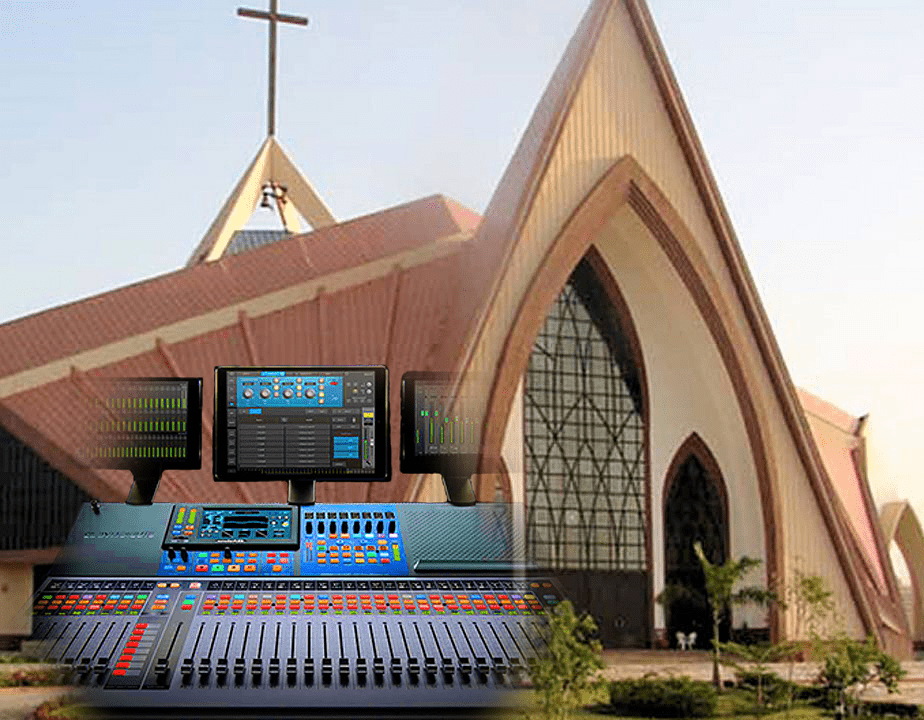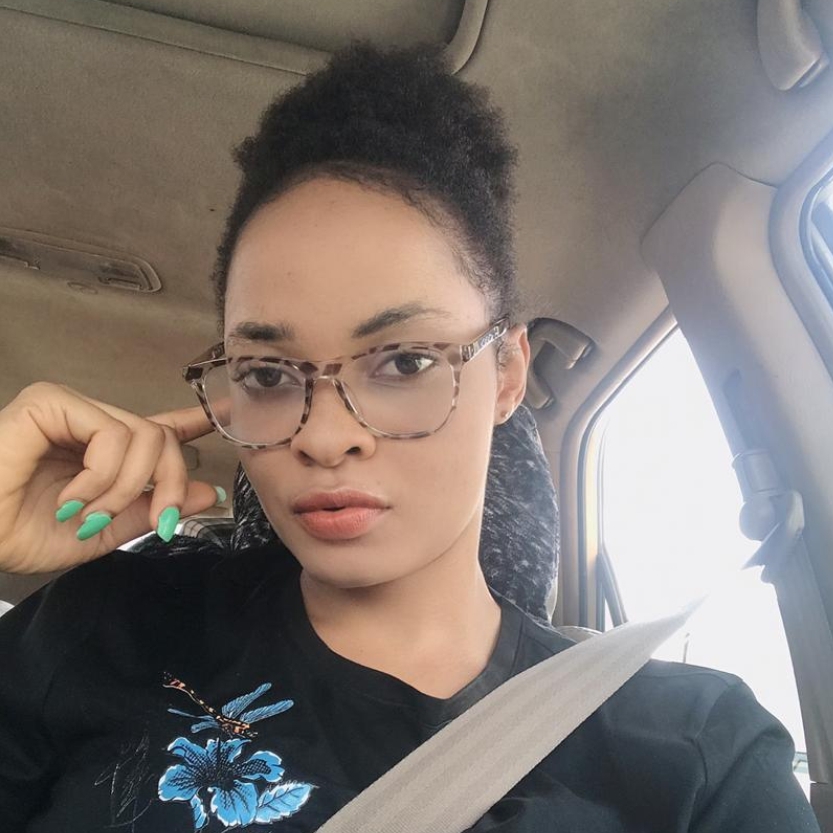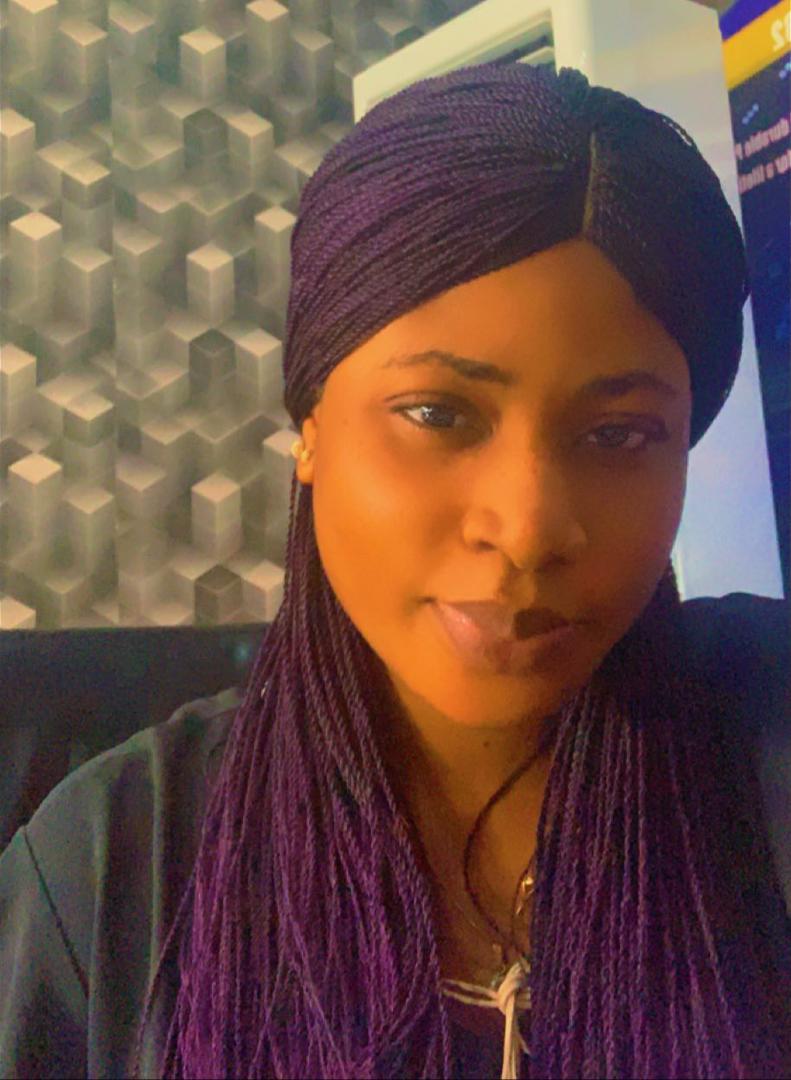Why do churches need mixers
Whether your house of worship has 100 members or 1,000, many modern religious services require more than an organ and a choir to lead a praise service. When you add a praise band, individual vocalists, or multimedia experiences, you need a PA system to bring their message and inspiration to your congregation, and the central component of a PA system is the mixer.
At a basic level, a mixer does exactly what its name implies: mix audio signals together and sum them together. If you have more than one sound source (say, five microphones, an electric guitar, a piano, and an organ), you need a mixer to combine these audio signals so that you can control the relative balance between them before sending the summed signal to a loudspeaker system, recording device, etc.
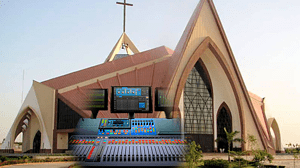
Because every signal comes into and out of the mixers, investing in a quality product as your foundation will save a lot of operational headaches and money on peripherals. The first thing to consider when purchasing a mixer is how many channels you will need. Also known as “frame size,” the number of channels on a mixer determines how many sources you’ll be able to connect to it.
In general, there are two flavors of mixer: analog mixers and digital mixers. An analog mixer relies on electric circuits and filters, whereas a digital mixer converts the analog signal of your praise team into digital audio that is then sent to an onboard processor. Known as a digital signal processor (DSP), this processor is responsible for routing, level control, and dynamics processing (among other things). The signal is then converted back to the analog domain where it can be sent out to your speakers, personal monitoring systems, etc.
While both mixer types will provide the basic level and pan control, each has unique advantages and disadvantage. The advantage of the analog mixers is that it is generally less complicated and less expensive. The disadvantage is that analog mixers usually have fewer onboard features, and their sound quality is wholly reliant on the quality of the analog circuitry.
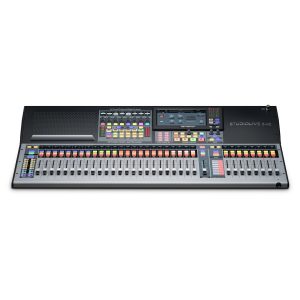
Good news: PreSonus® StudioLive® AR-series analog mixers combine great-sounding analog circuitry with the best of digital recording for a compact, affordable mixing solution. More on that later…
The advantage of the digital mixer is that it provides many onboard tools that will ultimately save you money by replacing expensive outboard equipment (equalizers, compressors, noise gates, multi-effects units, and the like). While you don’t need these processors to mix audio, they are essential for producing better sounding, more polished mixes. Unfortunately, with more complexity comes a steeper learning curve. This can make learning a digital mixer a daunting task.
PreSonus StudioLive digital mixers changed all that, providing a wealth of onboard processing without forcing you to dive into multiple layers and menus. This surface-driven workflow has made them one of the most popular mixers in the world. Because the EQ, compression, noise gate, and limiter are available on every input and output, you save both the cost of buying expensive outboard gear and mountains of cables and the hassle of connecting it all to your mixer and hiding all those cables.
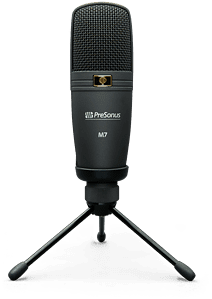
StudioLive Series III digital mixers build on the StudioLive legacy by adding even more onboard processing, plus many improved features, while retaining the same ease of use that has made StudioLive the preferred choice of worship teams worldwide.
Good news: You don’t have to know how to use a compressor, noise gate, or EQ on a kick drum or vocal to use these processors on the StudioLive Series III digital mixer. Every StudioLive digital mixer comes with channel-strip presets for the most common instruments. Simply load it and go. StudioLive Series IIIdigital mixers make this even easier by providing a custom User view, so you can select only the most necessary controls to view, simplifying the Fat Channel for novice users.
Digital mixers also provide tools to address the problem of managing complex mixes. Population groups reduce the channels you’re viewing at one time. DCAs (Digitally Controlled Amplifiers) control the overall level of a group of channels.
Good news: StudioLive Series III digital mixers combine the best aspects of these solutions with Filter DCAs. A Filter DCA can contain any combination of the available input channels and effects returns, and you can create as many Filter DCA groups as you need. StudioLive mixers allow you to include the same channel in multiple Filter DCAs so you can manage mixes in multiple ways. Each group is given a master level control so you can control the overall level of the group while maintaining each channel’s relative balance in the mix. In this way, for example, you can create a single fader to control every drum in a monitor mix and maintain the relative level of the drum mix that you created. You can even create a custom User fader bank that includes individual channels and Filter DCA group masters to simplify mixing even further for volunteers.
References
- How to mix and record church service and more… www.presonus.com


